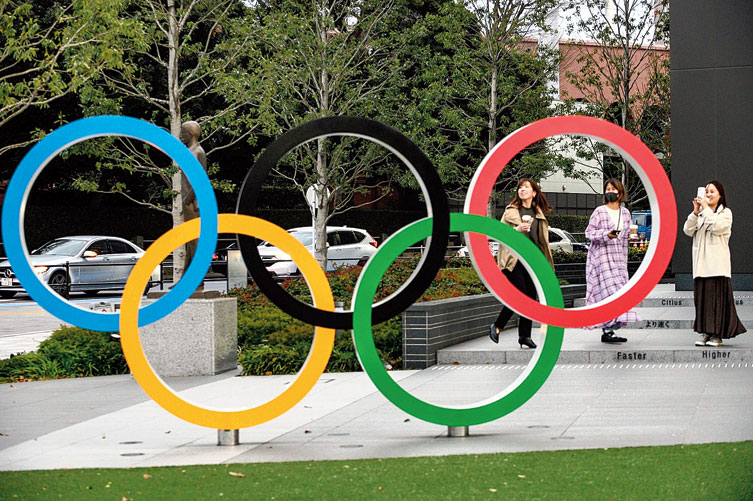Things began to unravel this week when the Tokyo Olympics were postponed until next year — a decision announced by Japanese Prime Minister Shinzo Abe in a joint agreement with IOC president Thomas Bach.
The Olympic behemoth involves 11,000 Olympic athletes and 4,400 Paralympic athletes. Add to this 206 national Olympic committees, dozens of summer sports federations, thousands of contracts, and billions of dollars.
There are 33 Olympic sports to consider, 42 venues (43 if you count one used only for the Paralympics), qualifying events around the globe, and 5,000 apartments in the Athletes Village — some of which have already been sold.
Then there’s the matter of hotel and flight reservations, and again lining up 80,000 unpaid volunteers. The Olympics can’t run without them. So a few questions are hanging.
- When will the Olympics be held in 2021?
- No dates yet. The International Olympic Committee and Japanese organizers have this as the top priority. They need firm dates to start planning, just as the athletes do to schedule training. John Coates, the Australian member who heads the IOC inspection team for Tokyo, told the Japanese newspaper Yomiuri that the Games were likely to be held in July and August. That was also the plan for 2020: July 24-August 9. Organizers have said there are no plans to move the marathons back to Tokyo. They were moved to Sapporo to avoid the summer heat and seem sure to stay there. Moving to spring is possible, but problematic, and Bach has left the door open to this. But the Olympics in the Northern Hemisphere spring would clash with a full schedule of North American sports and European soccer. It would also leave little time for qualifying events.
- What about people who have bought tickets?
- Ticket sales are expected to raise about $1 billion for the local organizers. So this is a giant item. All tickets have a “force majeure” clause, which might get organizers off the hook of paying refunds if the coronavirus is deemed to be “beyond Tokyo 2020’s reasonable control.” “We don’t have a final conclusion about what our policy will be,” Tokyo CEO Toshiro Muto said. “As much as possible, we want to make sure that people who have already bought tickets will get special consideration.”
- What will the postponement cost the organizers?
- Estimates suggest between $2-3 billion. Muto said this week: “Additional expenses are going to be quite massive, we assume.” Contract language in the Host City Contract strongly favours the IOC, so expect the Japanese taxpayers to foot most of the bill. Local organizers and Japanese government bodies say they are officially spending $12.6 billion to put on the Olympics. However, a national government audit report in December put costs at twice that much. When Tokyo won the Olympic bid in 2013, it said the games would cost $7.3 billion. Private-sector money makes up $5.6 billion of today’s total budget. The rest — whatever the grand total — is public money.
- Where is the Olympic flame that arrived from Greece on March 12?
- It’s in Fukushima prefecture, the northeastern region of Japan that was devastated by the 2011 earthquake, tsunami, and the meltdown of three nuclear reactors. The flame is being stored in a small lantern. The last public display was Wednesday in that prefecture.










